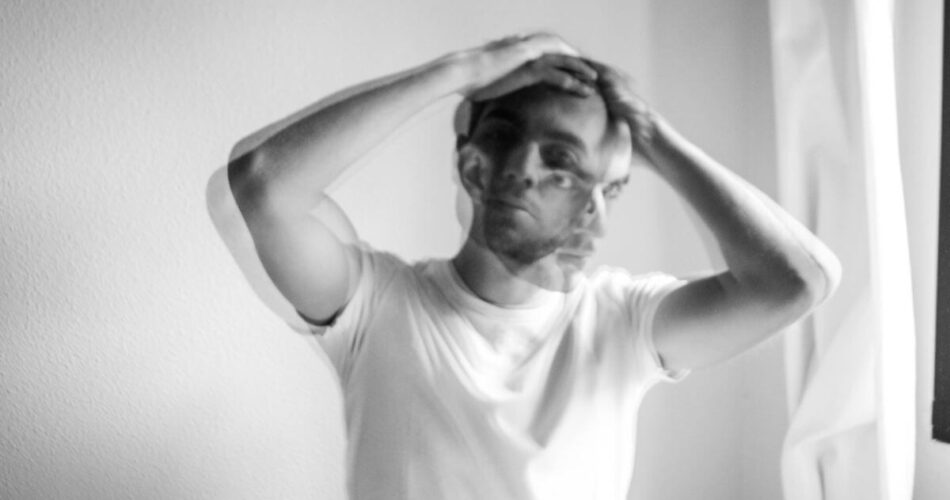For a long time, magic shrooms and bipolar disorder were seen as two concepts that couldn’t be further apart from each other. But recent research has shown that there may be a beneficial relationship between the two after all. Go ahead, and continue reading.
In this article, we will explore the relationship between shrooms and bipolar in depth and discuss the potential benefits of psilocybin for those with bipolar disorders.
Shrooms and Bipolar Disorder
Bipolar disorder is a mental illness that is characterized by extreme mood swings. These swings can range from manic episodes of highs and lows, to more mild changes in mood and energy levels. It’s a complex condition that can be difficult to treat, and conventional treatments often come with a host of side effects. For many people with bipolar disorder, magic mushrooms and psilocybin offer a potential way to alleviate symptoms without the negative side effects.
Magic Properties
Magic mushrooms are naturally occurring fungi that contain the psychoactive compound psilocybin. Psilocybin is what gives magic mushrooms their “magic” properties, and it’s also been shown to have therapeutic benefits for those with mental health conditions like depression and anxiety. In recent years, there has been a growing body of evidence to suggest that psilocybin could also be helpful for those with bipolar disorder.
Reduced Symptoms of Mania
Shrooms and bipolar? Yes! One study found that psilocybin was associated with reduced symptoms of mania in people with bipolar disorder. The study participants who received psilocybin also reported feeling more in control of their mood swings and having increased feelings of well-being. Another study found that psilocybin-assisted therapy was associated with significant improvements in mental health measures, including reductions in depression and anxiety symptoms.
Consuming Mushrooms under Medical Supervision
These studies are small and more research is needed to confirm the findings. However, the results are promising and suggest that magic mushrooms and psilocybin could be a potential treatment for bipolar disorder. If you’re considering trying psilocybin for your bipolar disorder, it’s important to do so under the guidance of a mental health professional. Psilocybin can be a powerful experience, and it’s important to be prepared for both the potential benefits and risks before trying it. Always consult with a mental health professional before making any changes to your treatment plan. So, what do you think about shrooms and bipolar?
Potential Dangers & Risks of Tripping with Bipolar Disorder
Magic mushrooms are a type of psychedelic fungi that can cause changes in perception, mood, and cognitive abilities. When used recreationally, magic mushrooms are typically ingested in the form of dried powder or tea. While there is some evidence to suggest that magic mushrooms could have therapeutic benefits for people with mental health conditions like bipolar disorder, there is also a potential for risks and dangers.
For example, people with bipolar disorder who use magic mushrooms without medical supervision may be more likely to experience negative effects, such as paranoia or hallucinations. There is also a risk of developing a tolerance to the effects of magic mushrooms, which could lead to dependence or addiction. Therefore, it is important for people with bipolar disorder to consult with a medical professional before using magic mushrooms.
Have you ever tried magic mushrooms or psilocybin? What was your experience with shrooms and bipolar? Let us know!
Similar Posts:
- Discovering Shrooms for Anxiety. A Comprehensive Guide to Magical Mushrooms and Depression
- LSD and Bipolar Disorder: How Psychedelics Affect Mental Health
- Shrooms and Depression. Can Magic Mushrooms Be Helpful in Treating Depression? Clinical Trials on Psychedelics
- Magic Mushrooms Benefits – Studies on Microdosing Psilocybin Mushrooms
- Psychedelics for Depression: All About Mental Health Treatment With Psychedelic Drugs
- Best Music for Shrooms: The Effect Magic Mushrooms and Music Have
- Magic Mushrooms Canada: The Lowdown on Buying Shrooms in Canada





